
China is preparing to deploy humanoid patrol robots at a major border crossing with Vietnam, marking a striking new phase in the integration of artificial intelligence into real-world security infrastructure. The development also carries clear implications for Europe, where mounting migratory pressure is already accelerating the adoption of AI-driven surveillance and automated border protection tools.
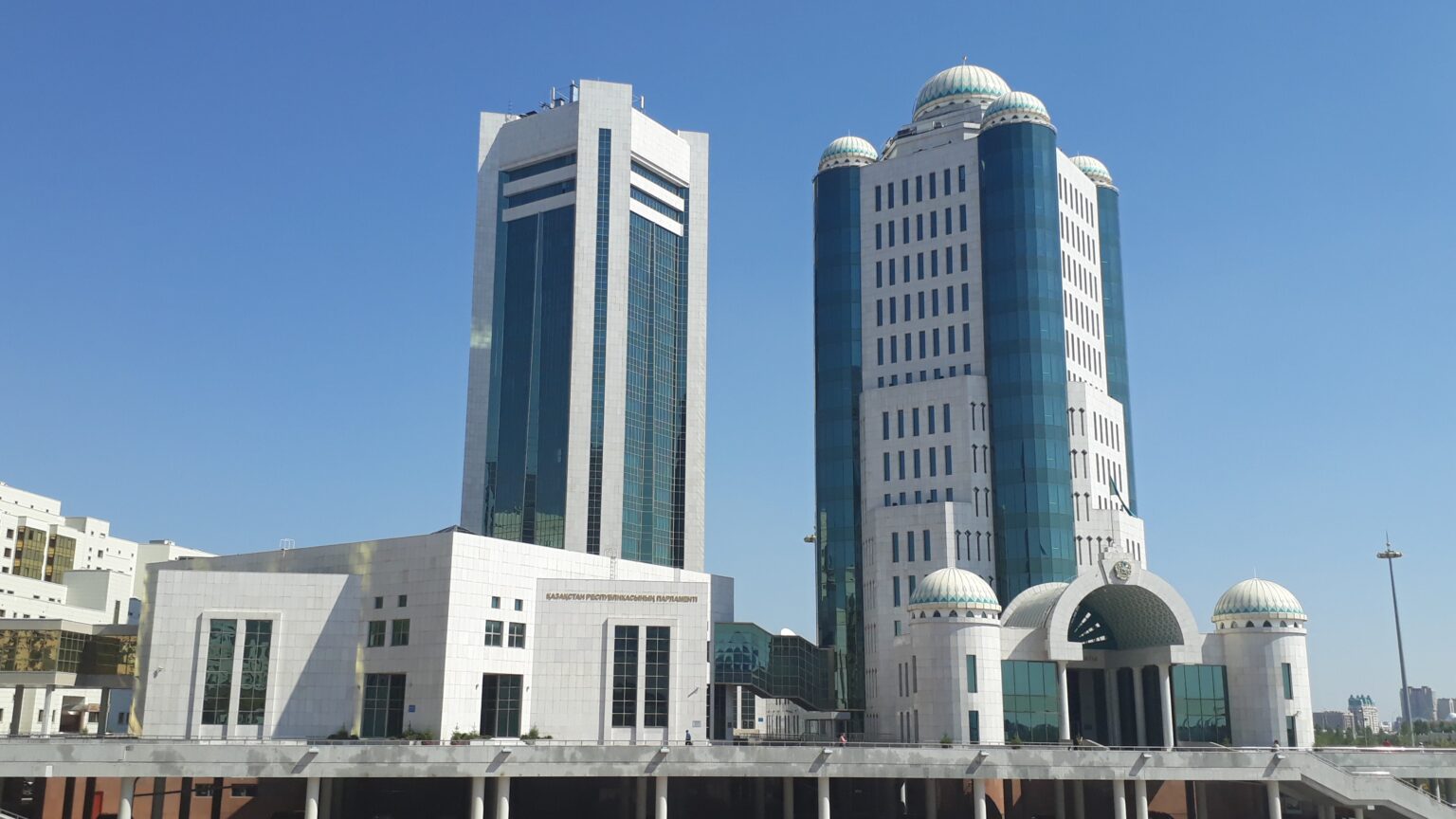
‘The establishment of stronger institutional checks and balances reflects Kazakhstan’s continued commitment to political modernization and governance reform.’
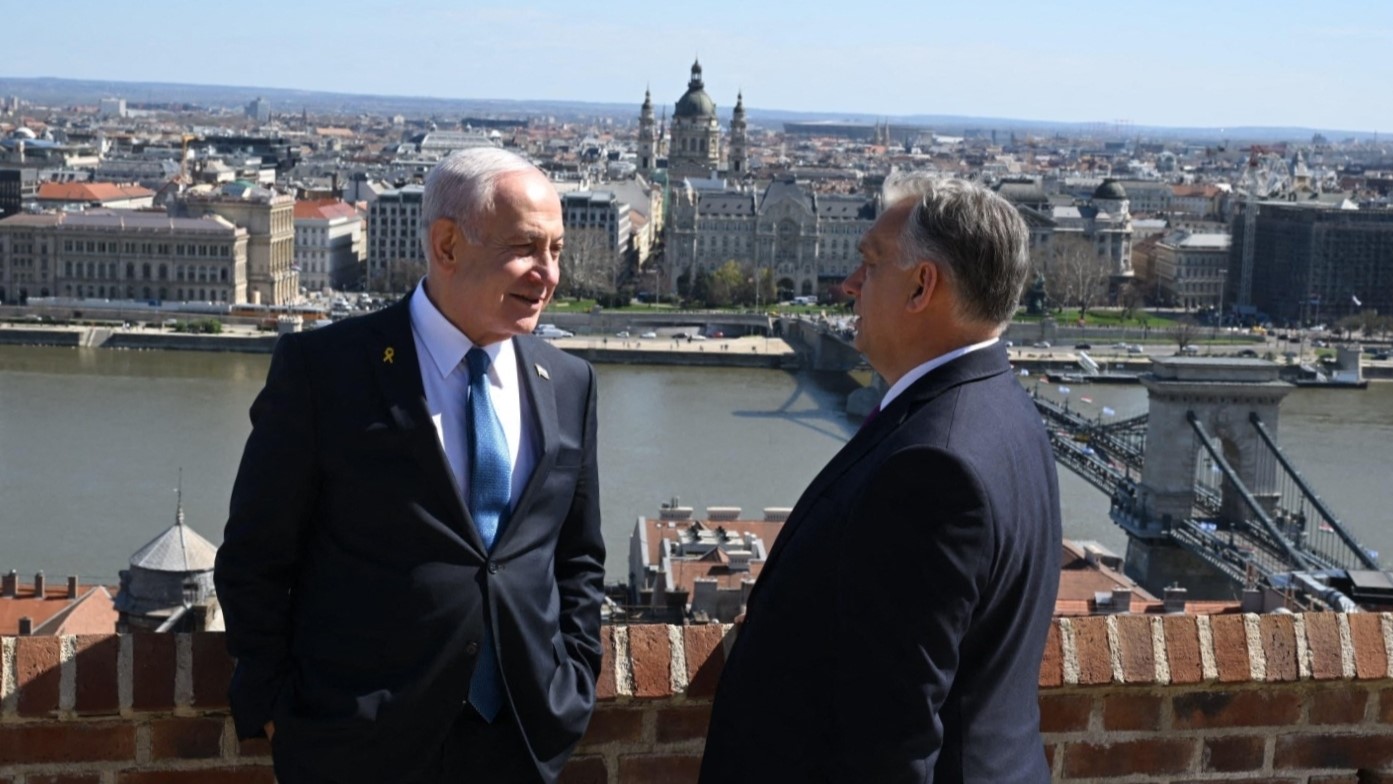
Prime Minister Benjamin Netanyahu of Israel will be one of the featured speakers at CPAC Hungary 2026 this March, The Times of Israel has reported. The information has since been confirmed by the Israeli Prime Minister’s office as well.

Safe and responsible internet use is best learned at home through open communication, shared rules and parental example, Hungary’s media authority said on Safer Internet Day, noting that children are going online at increasingly younger ages.

At the Budapest Global Dialogue 2026, FM Péter Szijjártó accused Brussels of mishandling every major crisis over the past 25 years, while highlighting that Hungary’s break from EU leadership has led to favourable outcomes for the country. Also, panellists debated a fractured world order, the limits of liberal hegemony, and the growing role of middle powers amidst rising great-power competition.
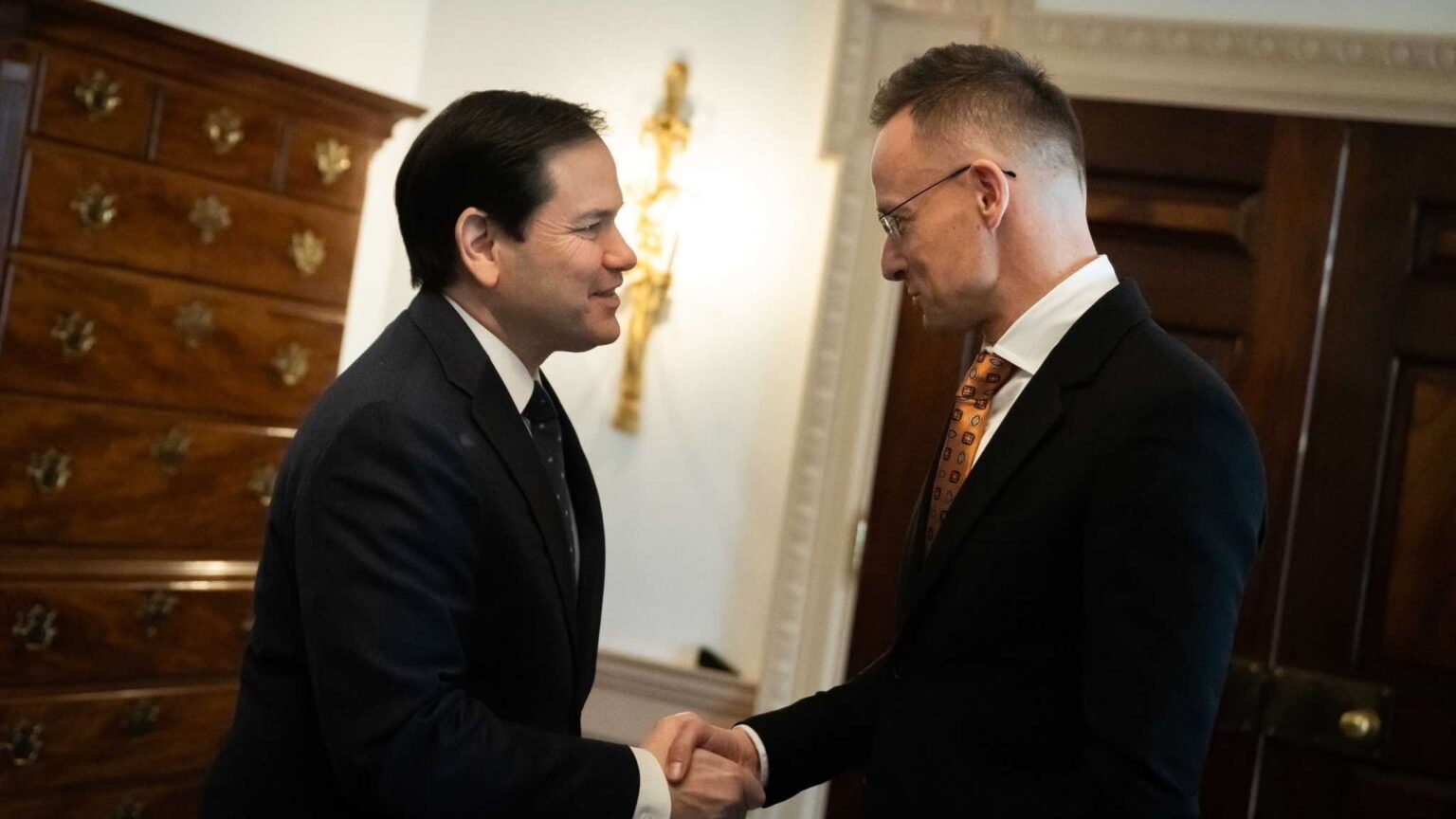
US Secretary of State Marco Rubio will travel to Budapest after the Munich Security Conference to meet senior Hungarian officials for talks on peace initiatives, regional security, and energy cooperation. The announcement follows Viktor Orbán’s planned Washington trip to attend the inauguration meeting of Donald Trump’s Board of Peace.
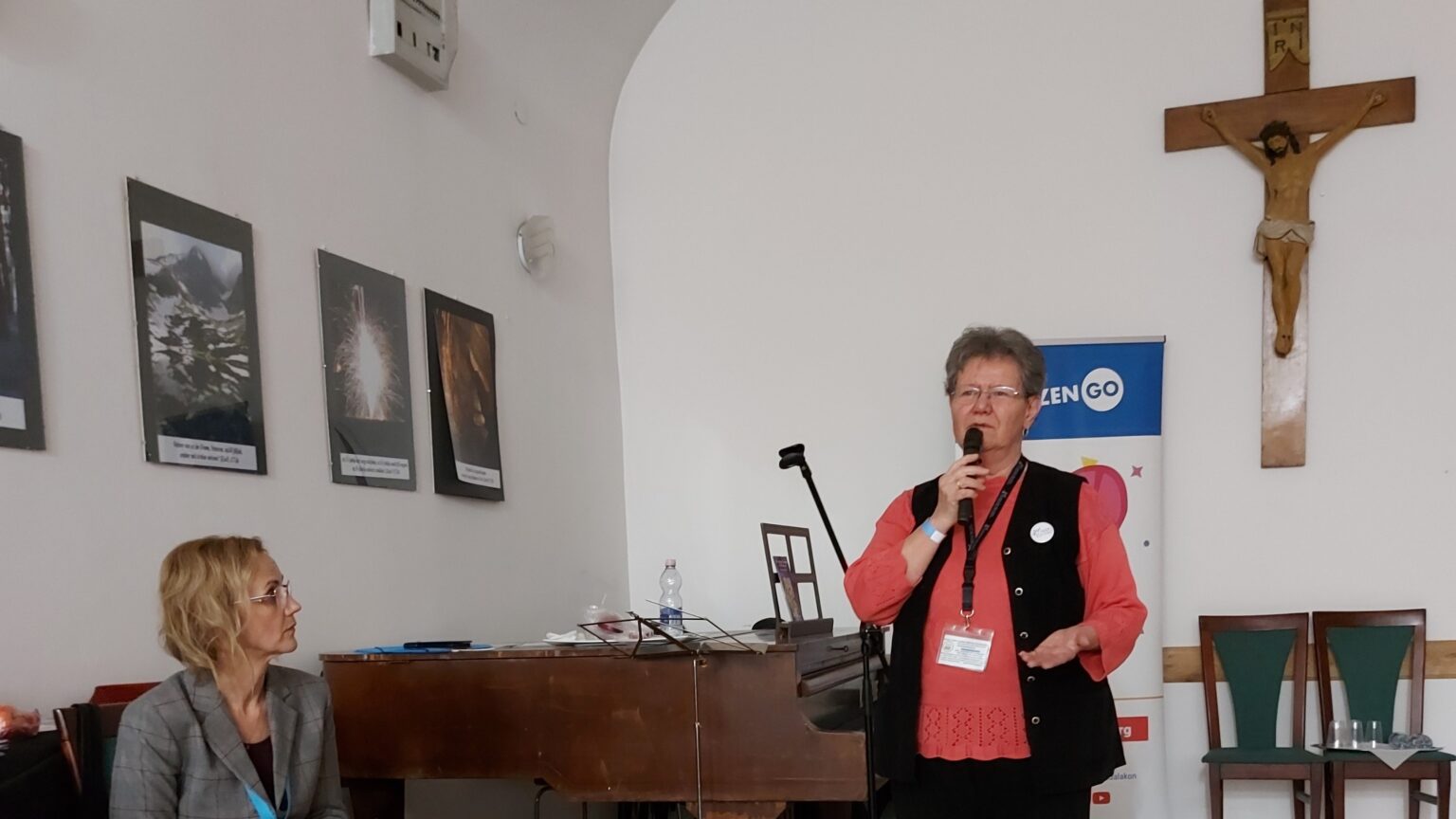
‘You are fortunate in Hungary: under your conservative Christian government, you are able to evangelize freely, unlike, for example, the UK, where prayer vigils often encounter civil and governmental opposition.’
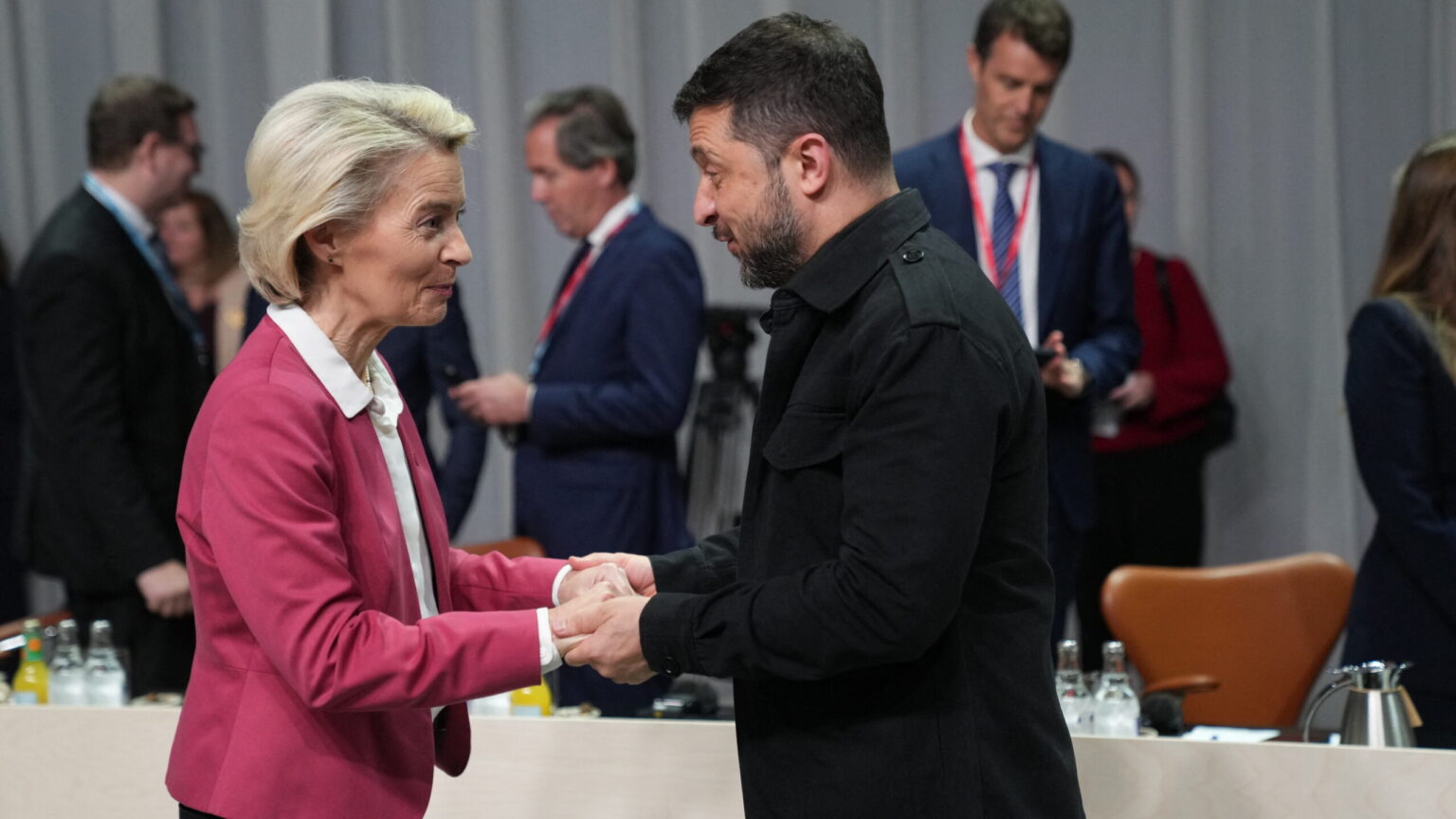
Hungary was widely mocked a year ago for warning that Brussels planned to fast-track Ukraine’s EU accession. Now, POLITICO Brussels has outlined a concrete roadmap to bring Kyiv into the bloc by 2027—including waiting for Viktor Orbán’s removal or even stripping Hungary of its voting rights—confirming fears once dismissed as conspiracy.

The tenth edition of the Indian Film Festival will take place in Budapest between 27 February and 1 March, offering free screenings of seven Hungarian-subtitled films that showcase the diversity and storytelling power of Indian cinema.

Hungary’s public finances remain in order, with the 2026 budget ensuring funding for key family, pensioner and small business support programmes despite the prolonged war and an unfavourable external economic climate, the National Economy Ministry said.
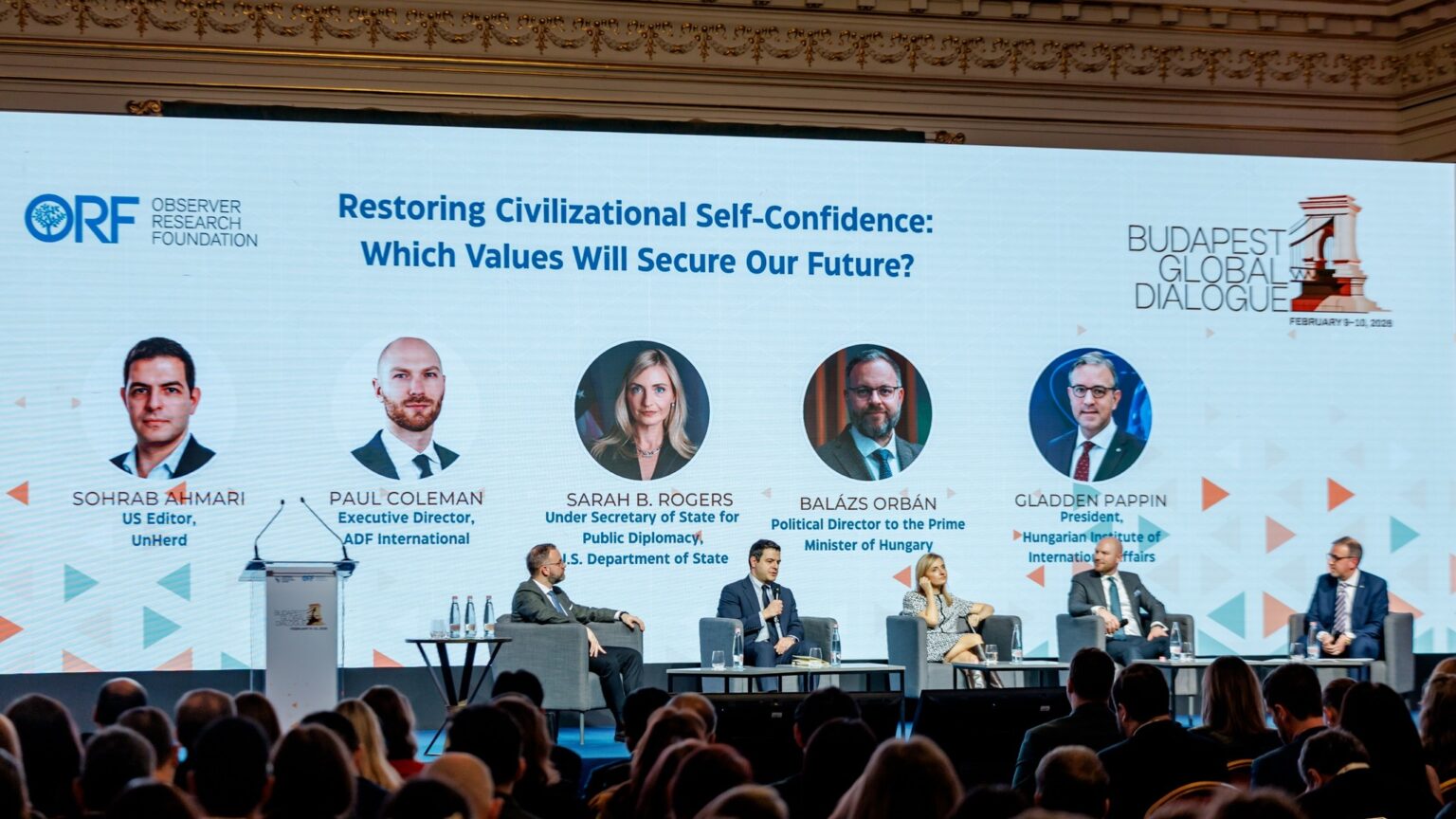
The third Budapest Global Dialogue kicked off on 9 February with an opening panel warning that censorship, supranational pressure, and ideological regulation are eroding democracy across the West. Speakers including Balázs Orbán and US Under Secretary Sarah B Rogers argued that free speech and national sovereignty now stand at the centre of a widening transatlantic political struggle.

‘All Hungarian political parties are entitled to have representatives present at every polling station nationwide, where they participate directly in the vote count…In addition to this multiparty oversight, independent election observers…are free to move between polling stations on election day to verify the process. These safeguards ensure that election-day results cannot be manipulated.’
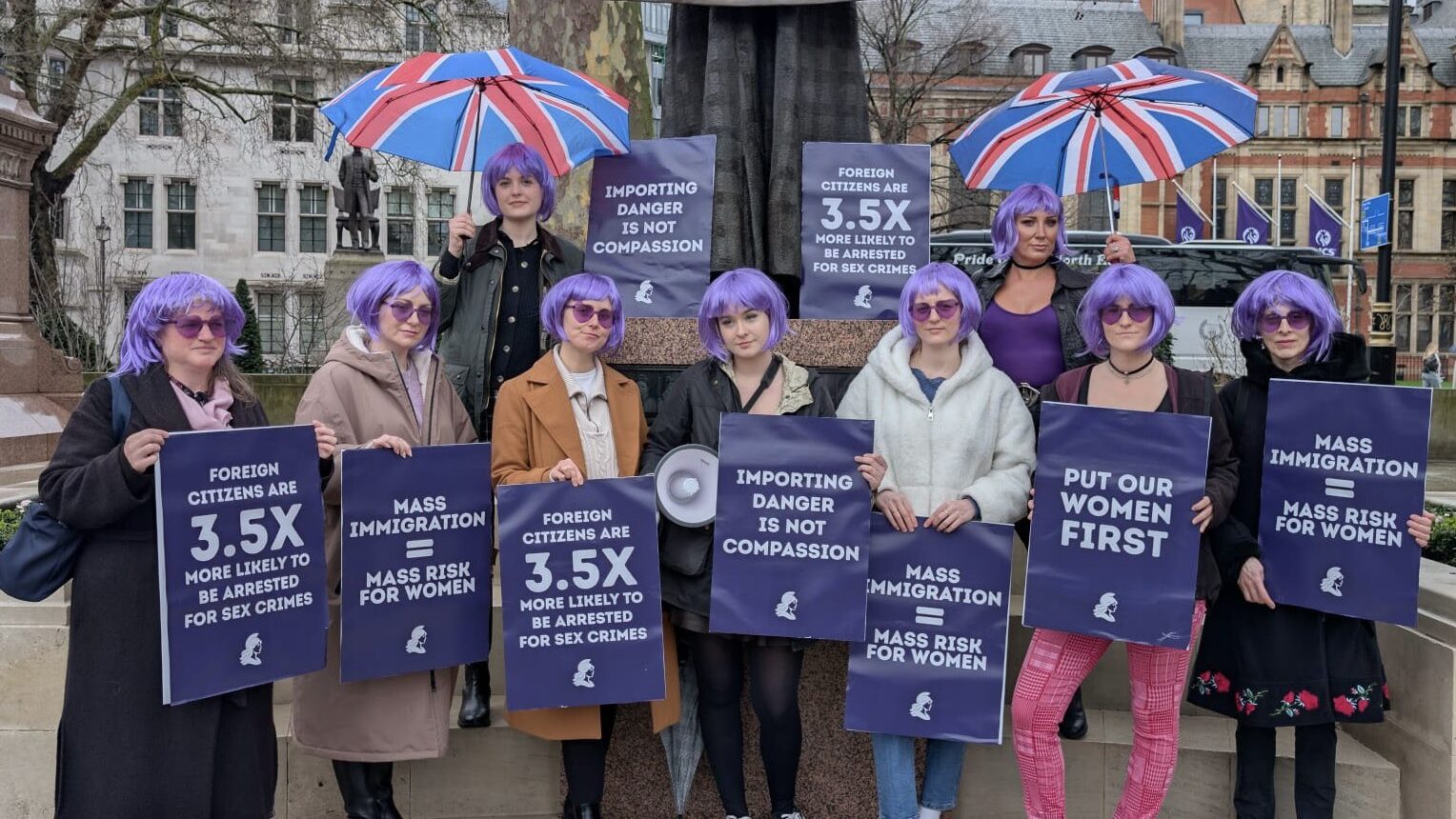
Activists from the UK-based Women’s Safety Initiative took to the streets of London dressed as the viral right-wing meme Amelia to protest migrant-linked violence against women. The demonstration turned an online symbol into a real-world political statement and highlighted Amelia’s emergence as a rallying point against Keir Starmer’s government and its attempts to censor dissenting voices.

European Pravda editor-in-chief Sergiy Sydorenko launched a public attack on Hungarian conservative media and PM Viktor Orbán after receiving an interview request from Mandiner. He called the outlet ‘vile propaganda’ and urged Ukrainian officials to avoid Hungarian right-wing media. European Pravda is funded mainly by Western sources, including the EU and the National Endowment for Democracy.
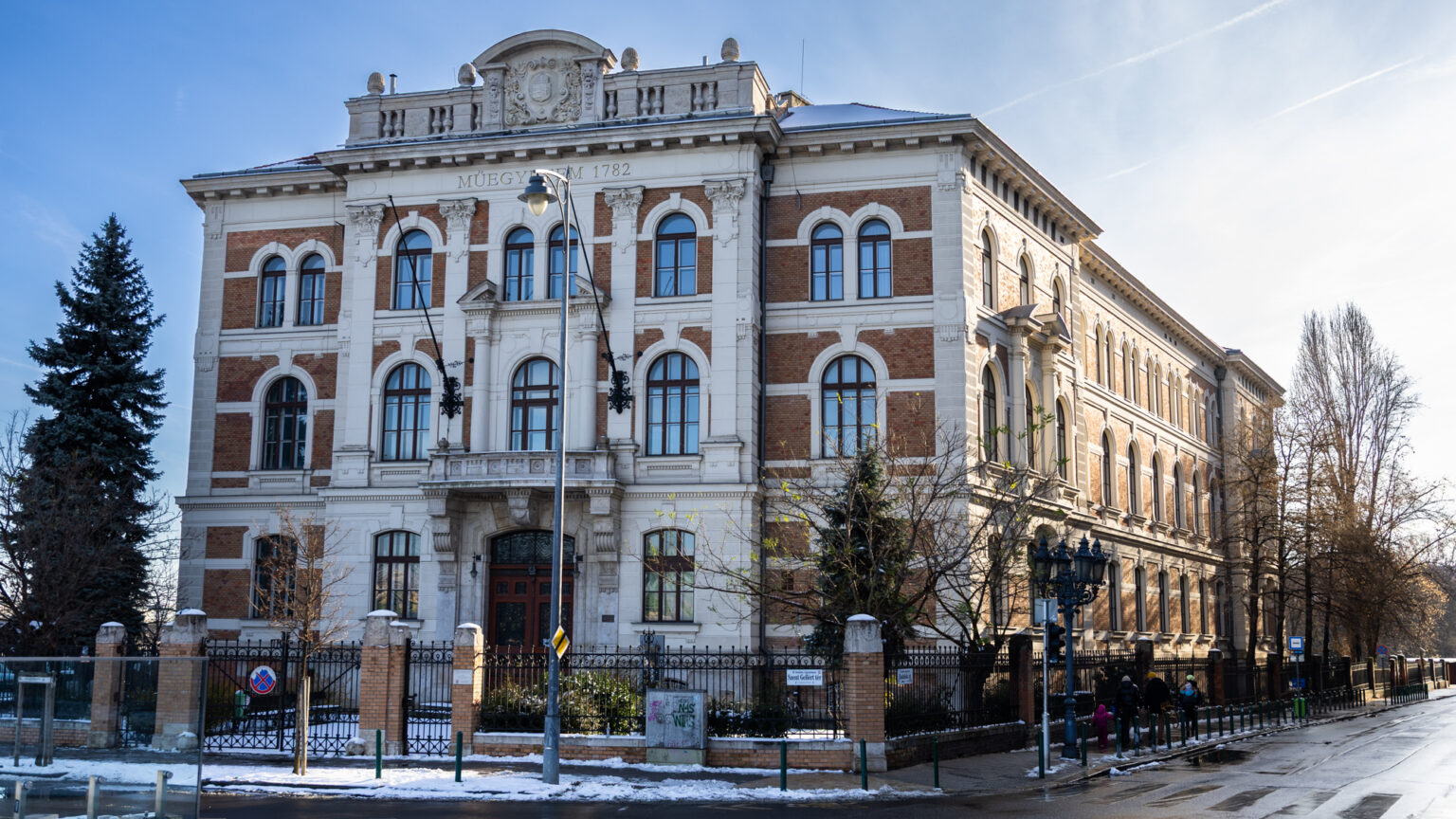
Hungary has launched a new ‘three-in-one’ education programme linking technical schools and universities, allowing IT students to earn a university degree faster through credit recognition and practice-oriented training.

The Seattle Seahawks claimed a commanding victory over the New England Patriots in Super Bowl LX, pairing defensive dominance with a historic MVP performance from Kenneth Walker III. Yet beyond the scoreline, the championship night was equally defined by political controversy surrounding the halftime show and its sharp cultural divide across American audiences.

Hungarian company HeatVentors has developed a phase-change-based thermal energy storage system that can cut electricity use by up to 25 per cent and significantly reduce carbon emissions, with applications ranging from buildings to data centres worldwide.
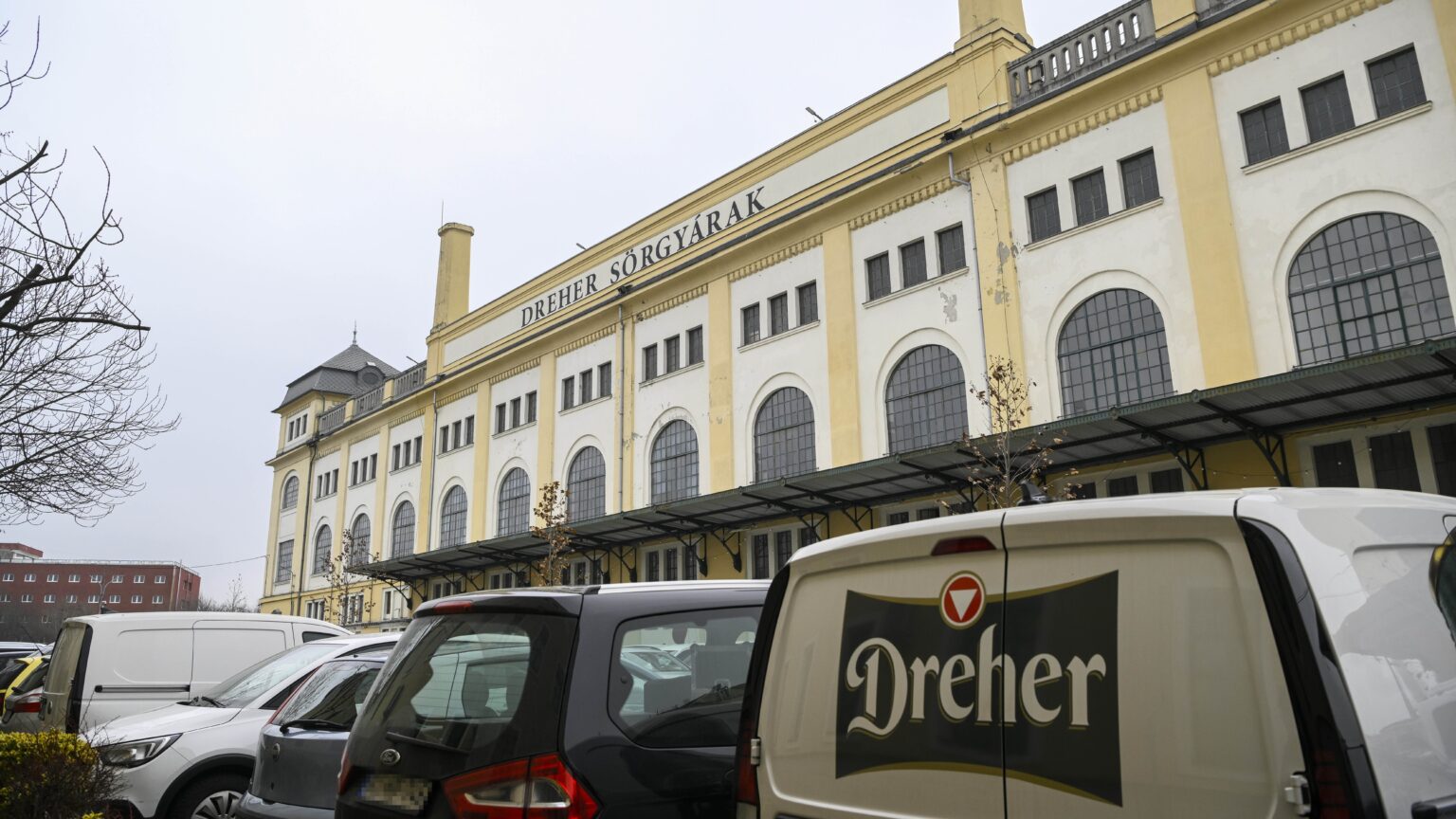
Hungary has signed a strategic cooperation agreement with Dreher Breweries alongside a 100 billion forint investment programme that the government says will modernize beer production in Kőbánya and support thousands of Hungarian jobs.
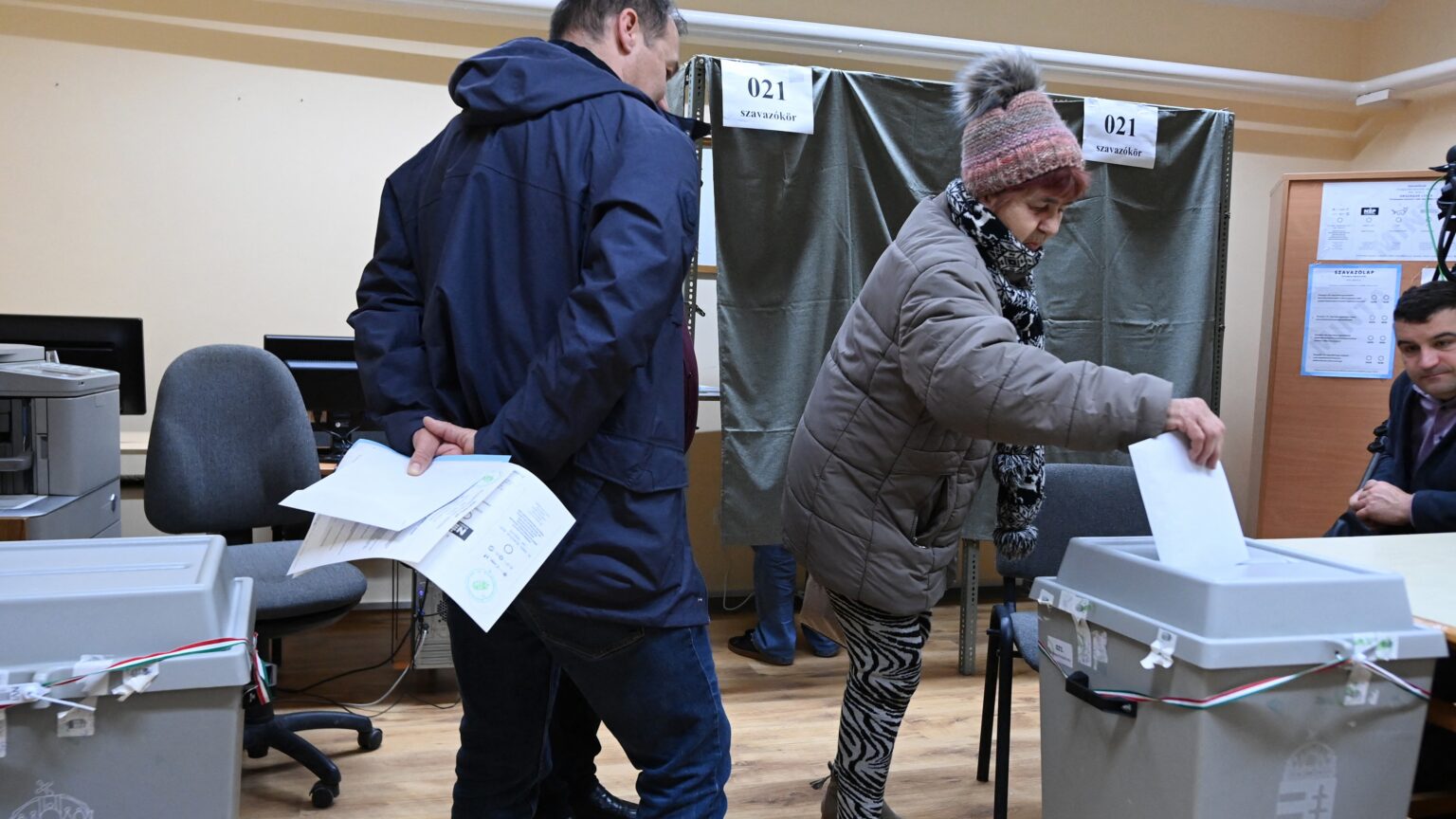
The Hungarian governing Fidesz party’s success in a closely watched Balmazújváros by-election offers a symbolic boost ahead of Hungary’s parliamentary elections. By overturning local paralysis and defeating an opposition-backed challenger, the victory underscores continuing support for Viktor Orbán’s party, contrasting sharply with polling that suggests rising strength for Tisza.

Prime Minister Takaichi has secured a crushing victory in Japan’s snap elections, delivering her party a two-thirds parliamentary majority against all polling expectations. Backed by high turnout and growing US support, she now faces rising costs, defence pledges, and mounting tensions with China.
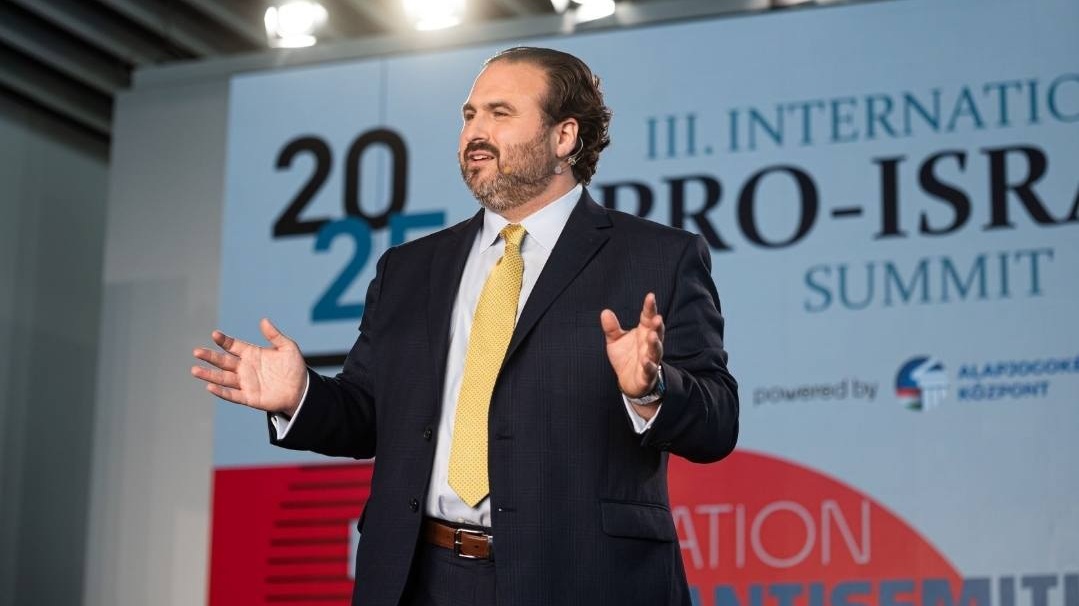
The New England Patriots are taking on the Seattle Seahawks in Super Bowl LX tonight. Bryan Leib has correctly predicted the last two Super Bowl winners for Hungarian Conservative. Read the interview to find out who he picks this year, as well as what he thinks about this year’s midterm elections, US–Hungary relations, and foreign policy under President Trump’s second term.
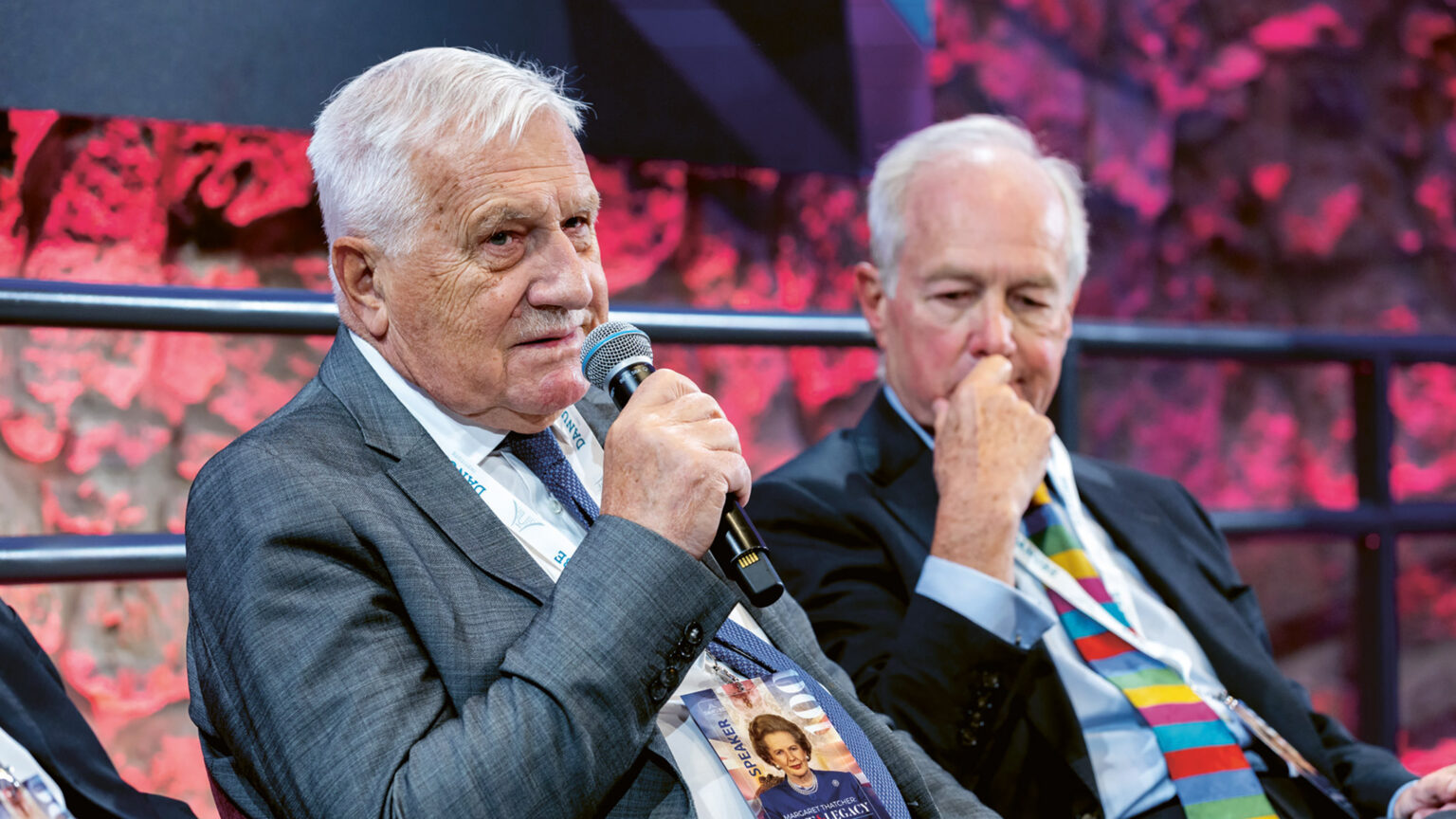
‘Margaret Thatcher’s legacy is alive and will stay with us on condition that we keep it alive. Much to my regret, today’s political reality, the current intellectual climate, as well as the public mood, have moved very far from her views and her era.’
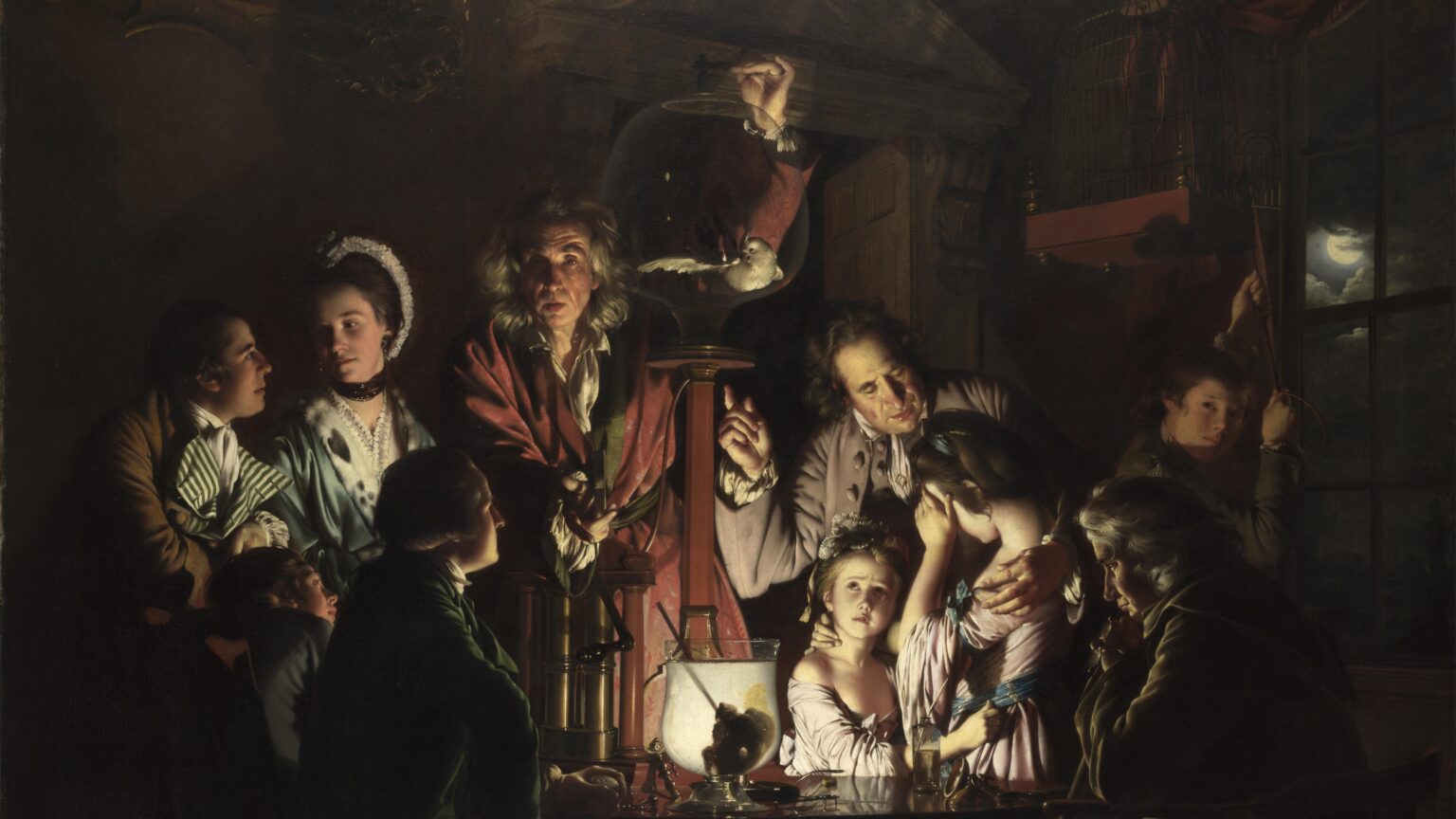
‘Modern natural science started from the seemingly noble self-limitation of seeking answers to the question of how the world works, leaving the great questions of why to philosophy and theology. As we can see, this was Darwin’s original objective as well. But did the British naturalist remain faithful to this promise?’

Kind, educated, and beautiful—that was the general opinion of Bailiff Hadady’s daughter. The next heroine in Magyar Krónika’s series about famous Hungarian women is Emma Hadady, who died a martyr’s death in Celebes during World War II alongside her doctor husband.

Prime Minister Viktor Orbán has confirmed he will attend the inaugural Board of Peace summit in Washington, where he is expected to meet President Donald Trump. The visit comes amid growing speculation that Trump could travel to Budapest in the near future and follows the US president’s renewed public endorsement of Orbán ahead of Hungary’s upcoming parliamentary election in April.
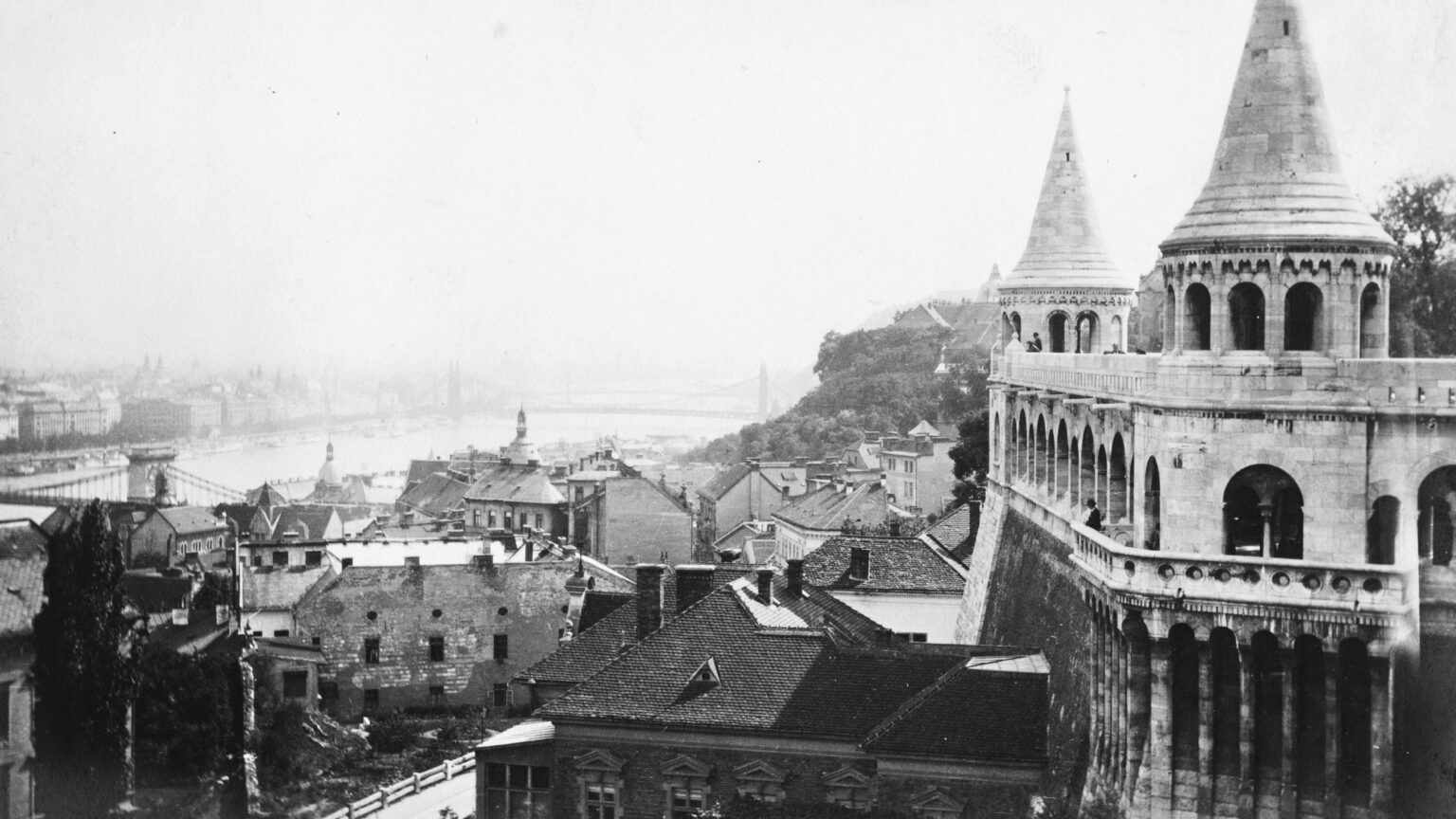
‘These cases highlight the cruel paradox of 1951: people who had already suffered persecution were once again uprooted by a regime that judged them by social labels rather than personal history.’

Controversial Algerian Olympic boxing champion Imane Khelif has acknowledged possessing a Y chromosome and elevated testosterone levels, reigniting global controversy over her participation in women’s competition at the Paris 2024 Games.
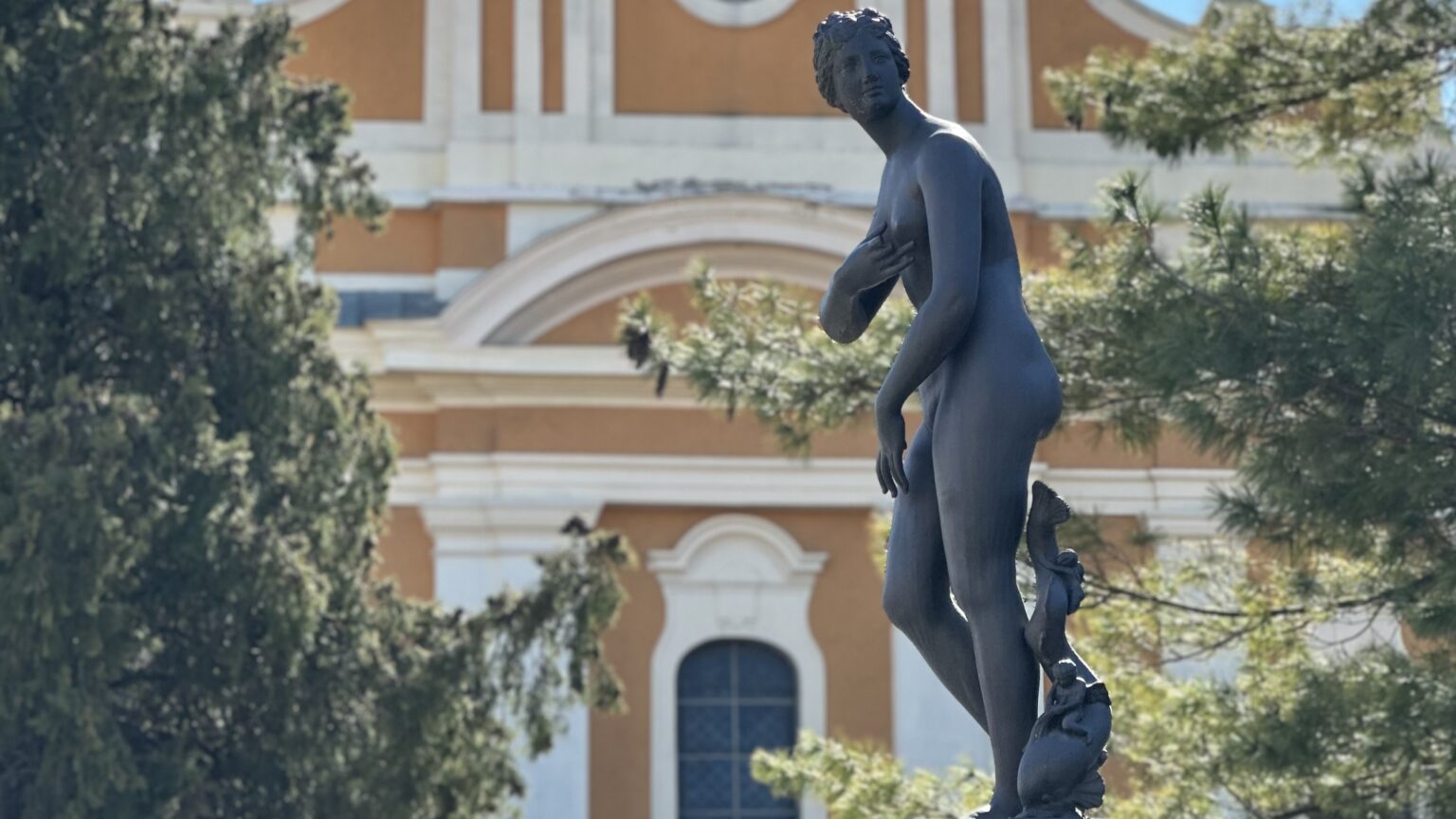
‘Just beyond the railway station stands a unique building known as the Wine Temple, a sanctuary not primarily of religion, but of culture, economy, and the cultivated life.’
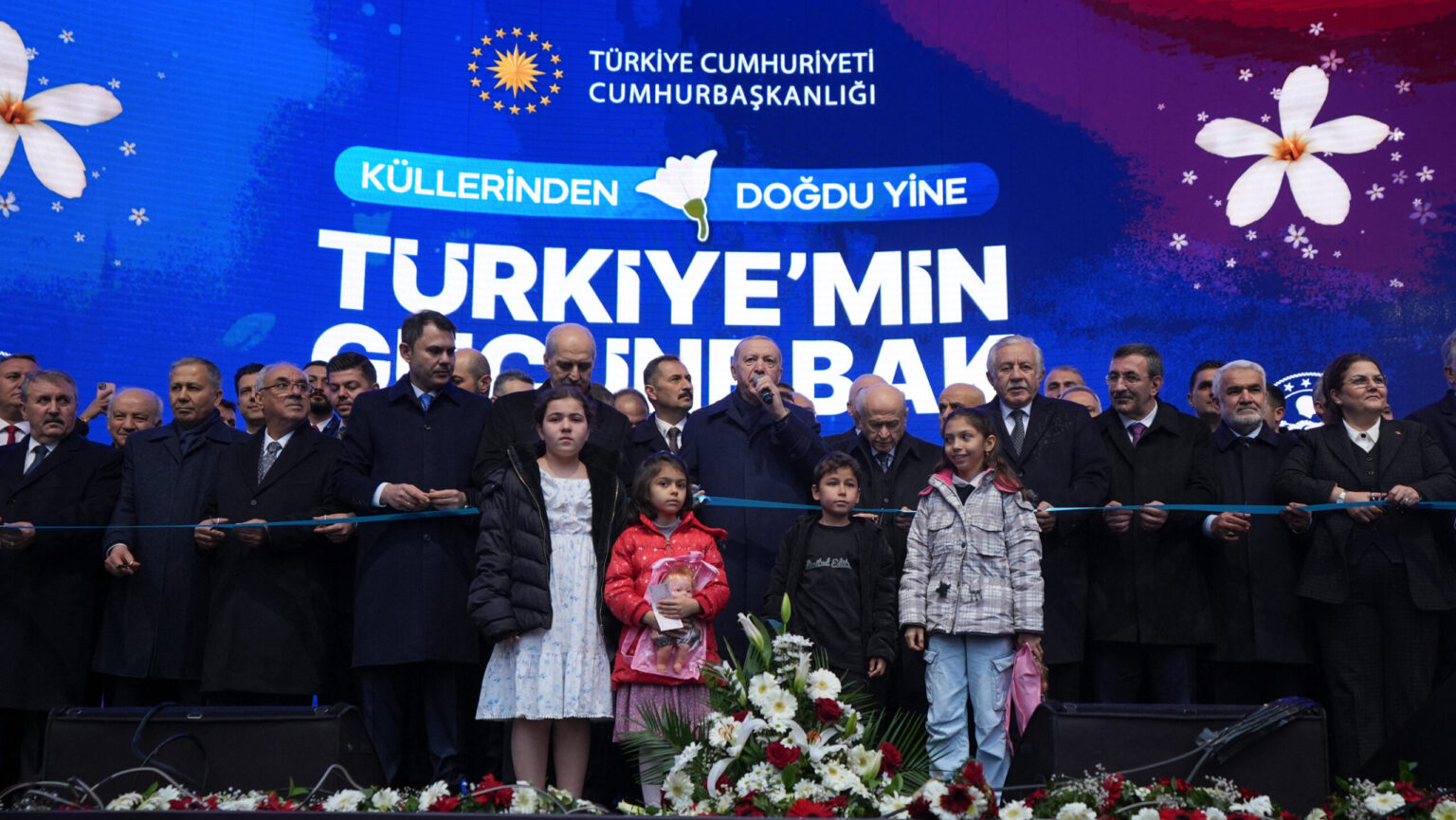
On the third anniversary of the 2023 earthquakes in southern Türkiye, remembrance is intertwined with renewal. While tens of thousands perished and entire cities collapsed, an unprecedented reconstruction campaign has reshaped the disaster zone, revealing both the depth of the tragedy and the extraordinary determination driving the country’s recovery, setting an example for the whole world.
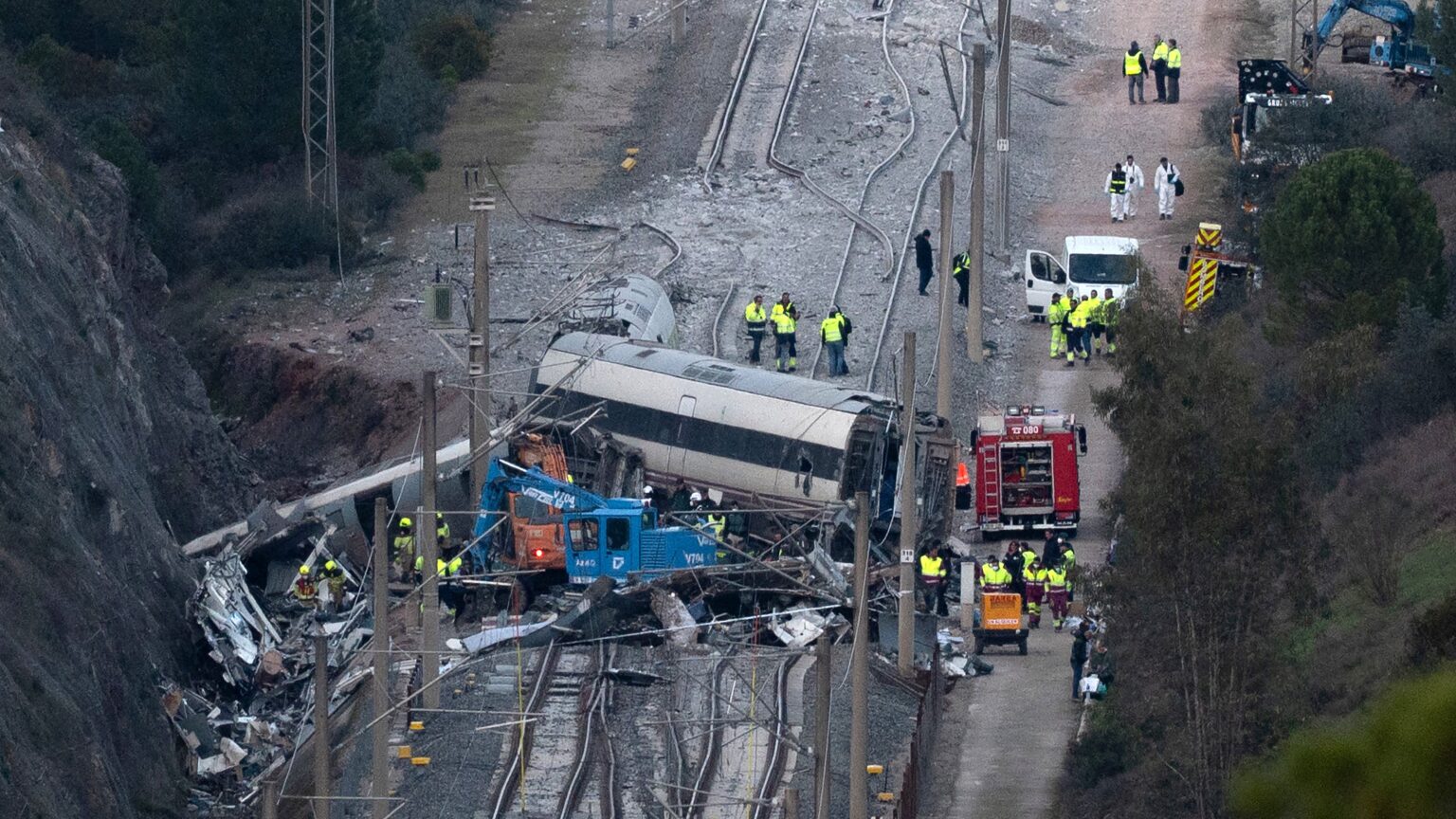
‘This is why socialism’s failure is not primarily economic, but institutional and, ultimately, moral. By instrumentalizing the state, it shields public power from scrutiny and accountability. Adamuz, therefore, is not merely a disaster of steel and speed. It is a case study in what happens when institutional quality is sacrificed to ideology…’